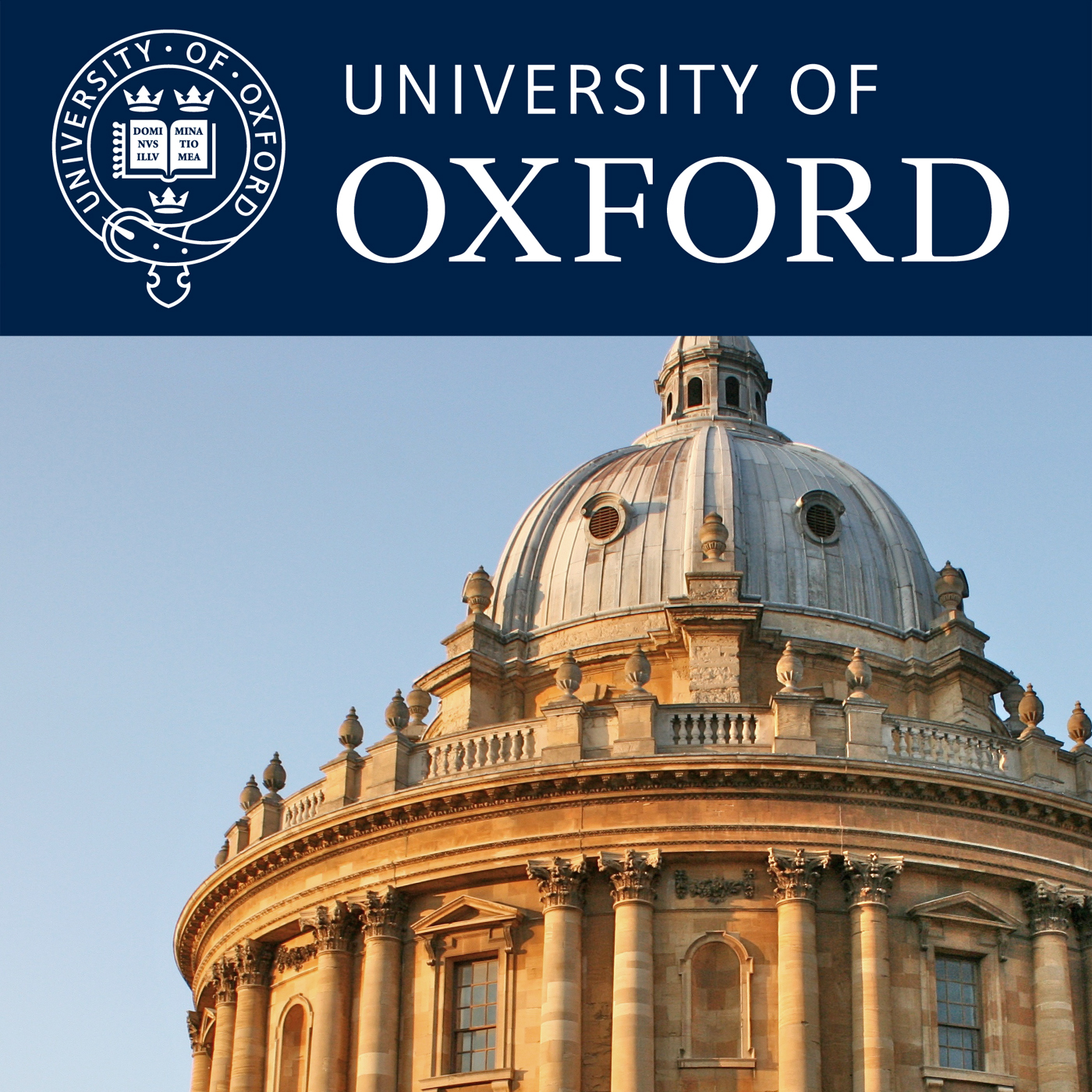Episodes
Marianne answers questions from the audience about the four talks in this series.
Published 11/11/14
In the fourth and final lecture, we examine the notion of ‘objective fact’ on which scientific theories are built; what sort of fact is such that we can build a scientific theory on it?
Published 11/11/14
In the fourth and final lecture, we examine the notion of ‘objective fact’ on which scientific theories are built; what sort of fact is such that we can build a scientific theory on it?
Published 11/11/14
In the third lecture we examine first the so-called “Gettier Problems” for the traditional account of knowledge, the arguments for saying that possible worlds exist and finally we ask whether there really are unactualised possibles.
Published 11/11/14
In the third lecture we examine first the so-called “Gettier Problems” for the traditional account of knowledge, the arguments for saying that possible worlds exist and finally we ask whether there really are unactualised possibles.
Published 11/11/14
In the second lecture we examine first the famous ‘Wilt Chamberlain’ thought experiment that demonstrates a retention between freedom and equality, then arguments for and against two famous moral theories; deontology and utilitarianism.
Published 11/11/14
In the second lecture we examine first the famous ‘Wilt Chamberlain’ thought experiment that demonstrates a retention between freedom and equality, then arguments for and against two famous moral theories; deontology and utilitarianism.
Published 11/11/14
In this first lecture, using Descartes famous argument for the claim “I think therefore I am’, we examine how to identify and evaluate arguments.
Published 11/11/14
In this first lecture, using Descartes famous argument for the claim “I think therefore I am’, we examine how to identify and evaluate arguments.
Published 11/11/14
Published 11/11/14


